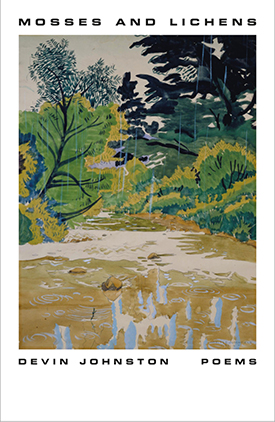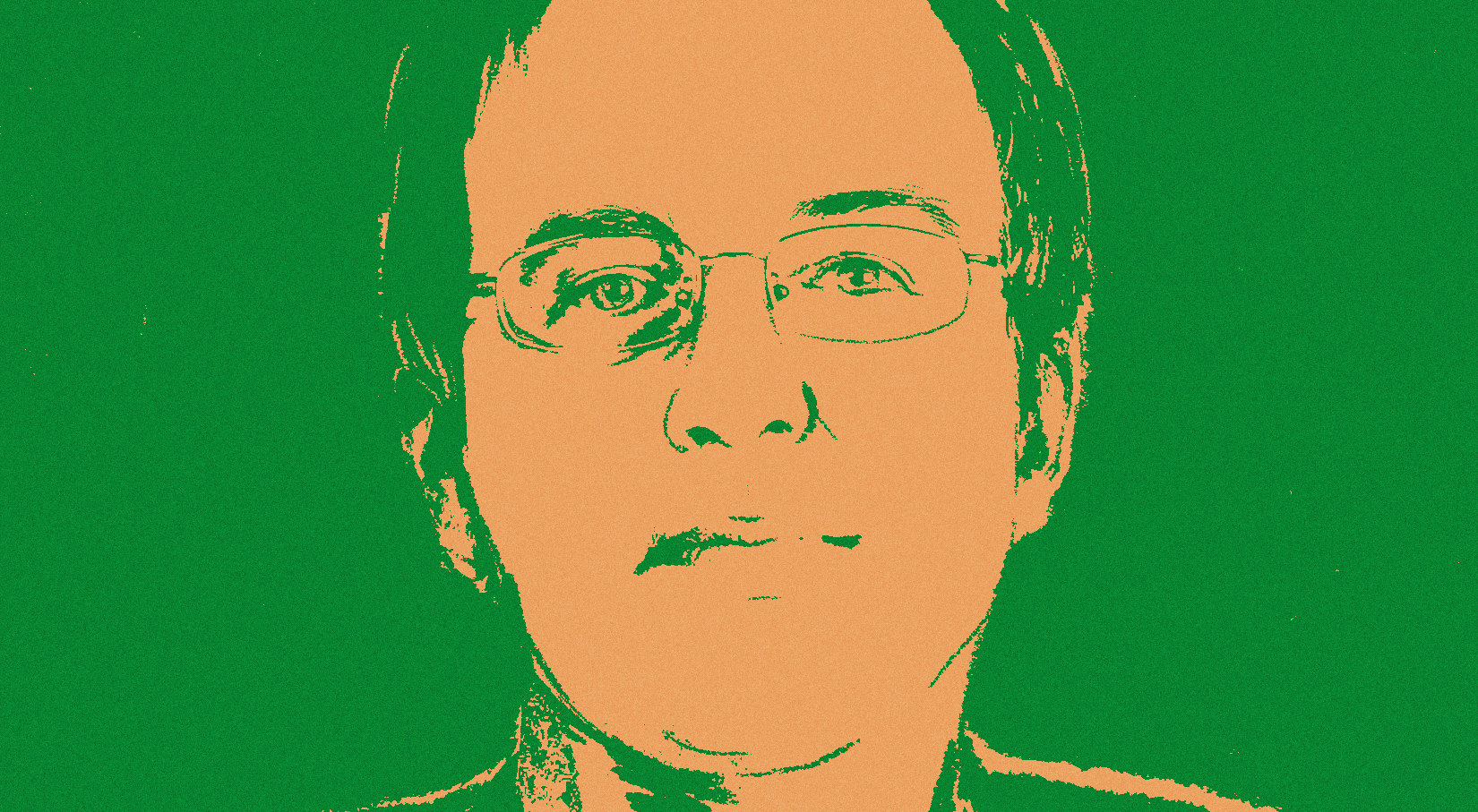
For as long as I can remember, I have composed poems from the bits of language revolving in my head when no more pressing thoughts intrude. While out for a walk or running an errand, a phrase or stanza might start up and repeat with slight variations, extending or retreating, in a process that is at once soothing and mildly irritating. Often the material is banal or nonsensical, a private fetish or amusement that never resolves into poetry. Occasionally, with greater insistence, something as yet unrevealed wants to surface. It resembles, at this stage, a half-remembered song—a scat in place of missing lyrics as I rummage for the right words. The process can’t be rushed, or else the poem’s crystalline structure evaporates. It’s not the sort of thinking that’s possible in company, except perhaps that of the dog.
If things go well, a few problems come into focus. These might be matters of perception or feeling: how to capture a dingy light, a metallic sound, a shade of loneliness or spark of joy. Optimally, I am still under the sway of whatever subject or sensation put language in motion. Or else, a felicitous problem might involve a matter of technique: wayward syntax, a rhythmic hitch, or the search for the right rhyme. Rhyme sends the mind and mouth through a little circuit of related syllables. They agglutinate at first, but then begin to sort themselves out, taking on definition. Paul Valéry describes a poem as “a prolonged hesitation between sound and sense.” The poem sustains itself—extends its unsettled life—in this tension between sonorous and semantic dimensions. Oddly, the poet’s effort involves lingering in this suspended state, drawing on both the dreaming and the waking mind, for as long as possible. For when the poem is done, when it’s cast and cooled, I am no longer inside of it.
Rhyme sends the mind and mouth through a little circuit of related syllables.
For years—for decades—I have hummed a melody, a tune so close and automatic it went unnamed. It would start up, for want of anything better, when I was out for a walk or running an errand, in lulls between the workings of poetry and the rest of life. One day two springs ago, I finally paused in my steps to acknowledge it properly: “Little Stream of Whiskey.” I knew it first from the great Carolina fiddler Tommy Jarrell, whom I had the pleasure to hear play several times (for an introduction to Jarrell’s music and life, watch the documentary film Sprout Wings and Fly). I grew up in Winston-Salem, and he lived in the town of Toast, forty minutes northwest of us. He could be heard at the Earle Theater in Mount Airy, which had a weekly live broadcast on WPAQ radio; and on his porch, where visitors were welcome. His playing was rich and expressive, full of slides and surface noise. His nimble bowing made use of a little rocking motion to sound multiple strings, and a blues-tinged syncopation ran through much of his music.
His nimble bowing made use of a little rocking motion to sound multiple strings, and a blues-tinged syncopation ran through much of his music.
Once I recognized the tune, I found myself returning to its occasions, recalling the times I had heard it and flipping through records on which it appears. These included Jarrell’s Joke on the Puppy, released on Mountain Records in 1976. The uncoated, light-blue sleeve depicts an Appalachian landscape in brown ink, and it carries a whiff of stale tobacco. This rendition of “Little Stream of Whiskey” is lively, quicker than I had remembered; Jarrell keeps at the fiddle without ever breaking into song. Ciaran Carson asks in Last Night’s Fun, “But do we ever fully know a tune, or only versions of it, temporary delineations of the possible?” Each performance flows into the Heraclitean stream, the same yet different, different yet the same. The distillation of all those versions might be like the little stream of whiskey that “comes flowing down the rocks.”
For once, the absent-minded tune and the process of rhyming accompanied one another, rather than competing for mental space. In the interplay between them, a poem began to emerge. It pays a small tribute to the persistence of music.
“Tommy Jarrell”
This tune, a substitute for talk,
meanders through the morning walk
to work, a whistled rise and fall,
its contour conversational;
a jig, though oftentimes a song
of water tanks and whiskey, drawn
from sources fed by steady rain
and legends of remote Cockaigne.
A substitute for Ring Creek
this tune descended from Round Peak,
descending from Mount Airy through
the mic on WPAQ
740 Merry-Go-Round
to form a little stream of sound,
an earth- and iron-tinted flow
that rippled from the radio
when we were young. For thirty years
the tune has echoed in my ears.
Though stripped of words, the tones beneath
still whistle softly through my teeth,
the absentminded rise and fall
of voices through a bedroom wall
that blend in sleep until they seem
the murmurs of a little stream.
Born in 1970, Devin Johnston spent his childhood in North Carolina. He is the author of five previous books of poetry and two books of prose, including Creaturely and Other Essays. He works for Flood Editions, an independent publishing house, and teaches at Saint Louis University in Missouri.
